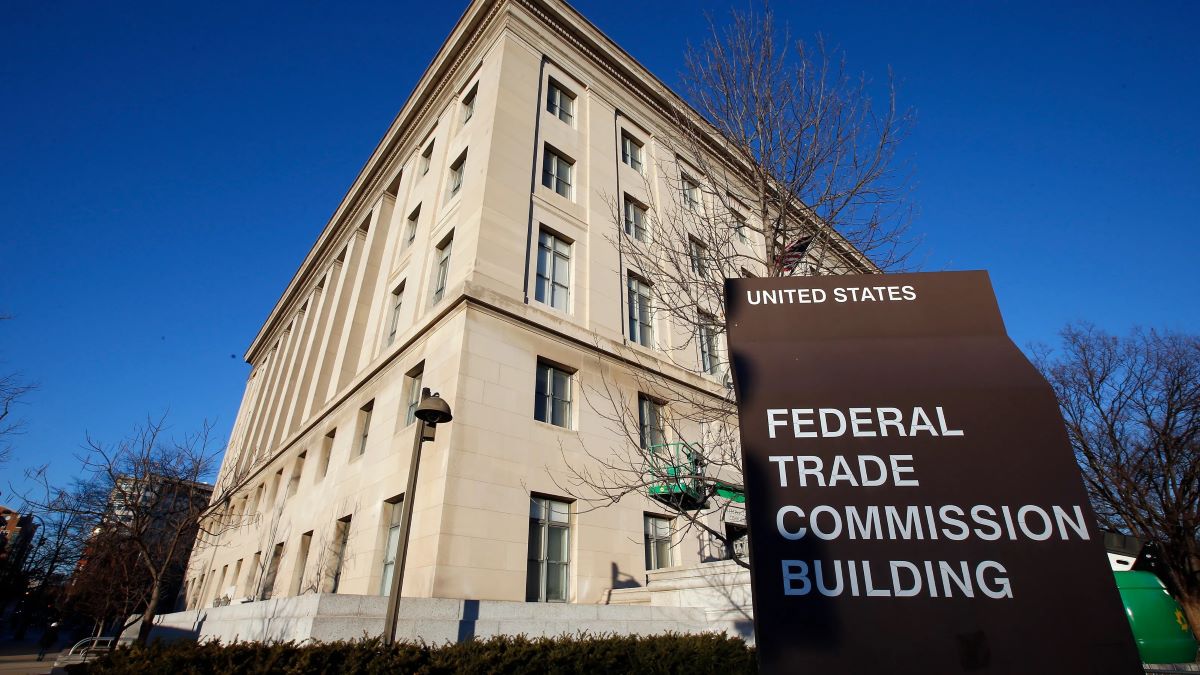The U.S. Federal Trade Commission’s proposal to ban employment agreements that require workers to avoid competing firms is anticipated to encounter challenges that could impede or limit the measure.
On Thursday, the agency announced a proposed rule in the Federal Register that, if enacted, would prohibit all non-compete clauses for all types of workers, including employees, independent contractors, and interns.
This federal rule, if adopted, would override state laws governing non-competes and would apply retroactively, nullifying existing agreements.
Public opinion has increasingly opposed non-competes, prompting some companies to eliminate these clauses, particularly for lower-level employees.
Nevertheless, business and employment litigation attorneys argue that a sweeping ban, such as the one proposed by the FTC, is likely to face political and potentially legal opposition.
“I don’t think that rule as proposed is going to stand only because it is so broad, so vague, so general,” Peter Glennon, a business and employment attorney, told.
“I perceive this proposed initial rule as a framework that they’re hoping people will help them shape to be a little more focused.”

The proposed rule does include exceptions allowing businesses to retain some non-competes—such as when a business owner continues as an employee after selling their firm to a new owner, or when an employer covers expenses to train a new hire.
Still, Glennon and other employment experts suggest the proposal may conflict with Constitutional law.
For one, they argue that the FTC, an executive branch agency, may be overstepping its authority under the separation of powers doctrine, which reserves the creation of laws to Congress.
Additionally, they contend that the rule could violate Article I of the Constitution, which protects individuals’ rights to enter into contracts and prohibits Congress and states from enacting ex post facto laws, which penalize actions retroactively.
“The critical thing here is whether the FTC has the authority to make this rule,” Roger Feicht, an employment litigation attorney, told Yahoo Finance. He also questioned whether the FTC has the legal authority to nullify existing non-competes and compel employers to rescind them retroactively.
“These are contracts that have already been negotiated,” Feicht said, highlighting that senior managers often agree to remain with a company in exchange for benefits such as stock options, retention bonuses, and other long-term incentives.







Leave a Reply